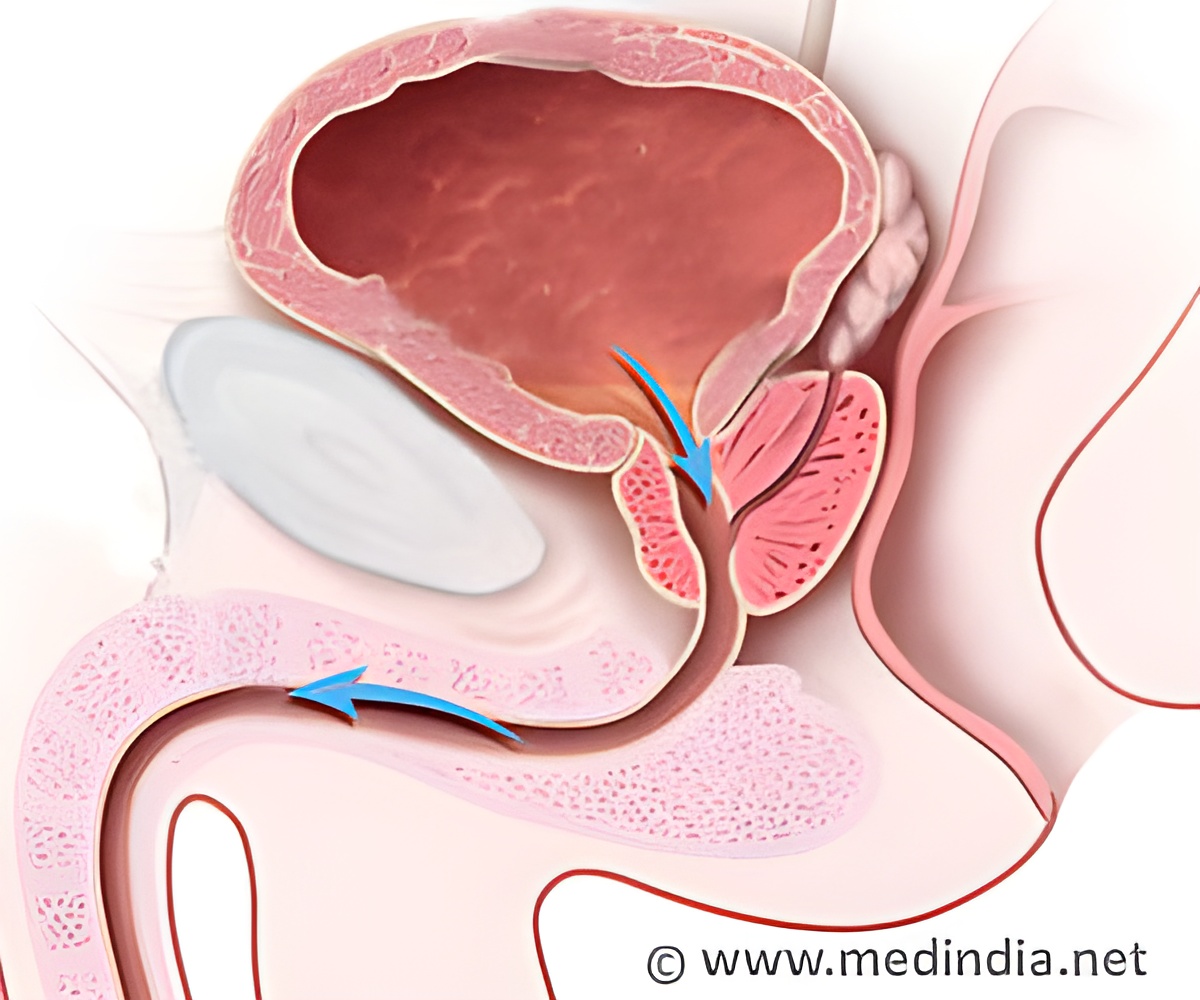The University of Minnesota researcher Hongbo Pang led a cross-institutional study on improving the efficacy of nucleotide-based drugs against prostate cancer and related-bone growths.

‘The ability of ASOs to inhibit the growth of primary tumors and bone metastases was enhanced by iRGD-liposomes.’
Read More..




Although nucleotide drugs offer advantages in treating tumors and other diseases, they often suffer from a poor efficiency of crossing the blood vessels and entering the tumor tissue, where their targets reside. This problem greatly limits their clinical applicability and efficacy.Read More..
"Our system demonstrates a good ability to deliver more ASOs into both primary tumor tissue and bone metastases -- which is the primary site for prostate cancer metastasis," said Pang, an assistant professor in the College of Pharmacy and a member of the Masonic Cancer Center.
"This further translates into a significant improvement of ASO efficacy to inhibit the growth of primary tumor and bone metastases. We expect this system to become a universal carrier system, to improve the clinical efficacy of ASOs and other nucleotide drugs."
Findings of the study:
Advertisement
Source-Medindia






![Prostate Specific Antigen [PSA] Prostate Specific Antigen [PSA]](https://www.medindia.net/images/common/patientinfo/120_100/prostate-specific-antigen.jpg)





